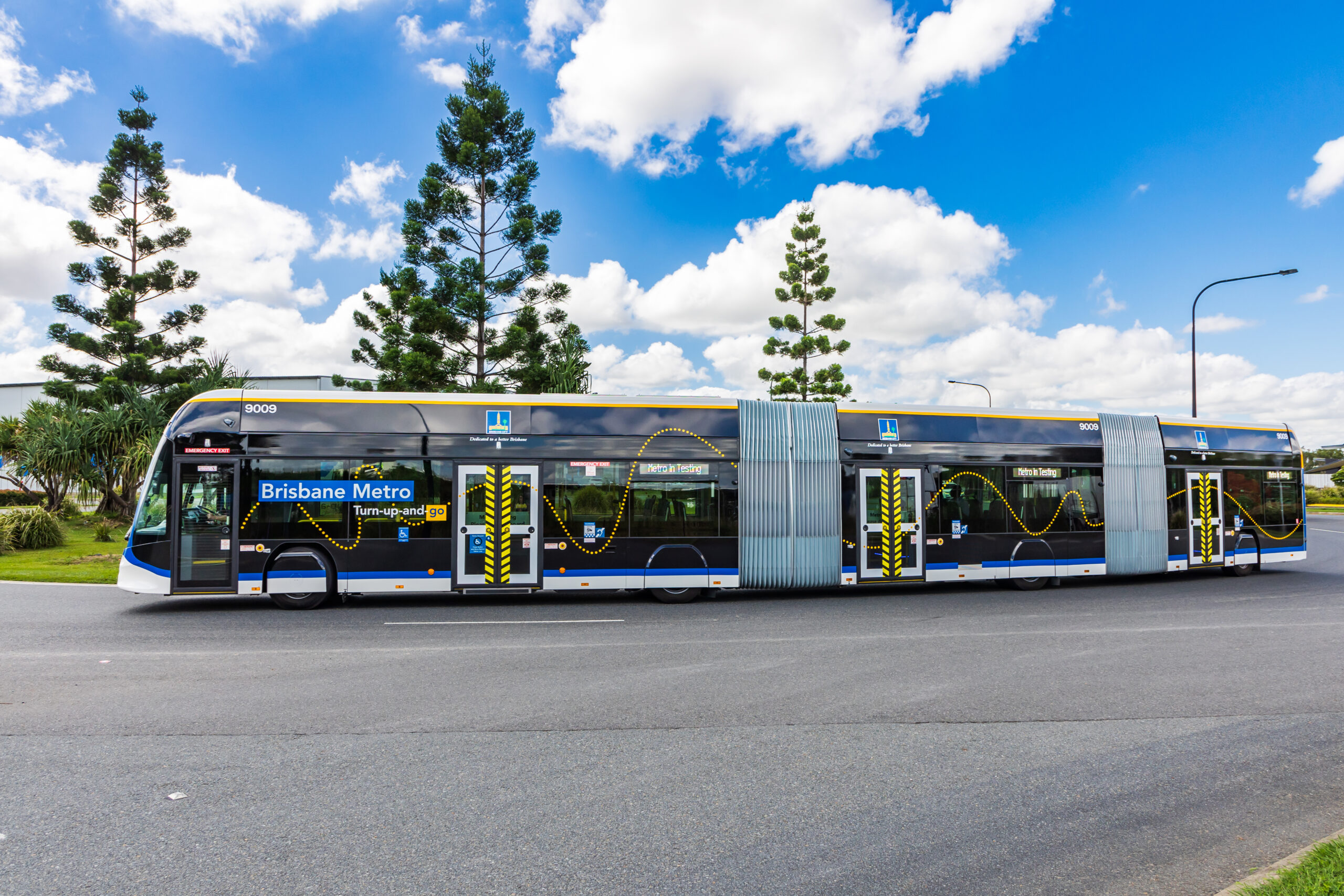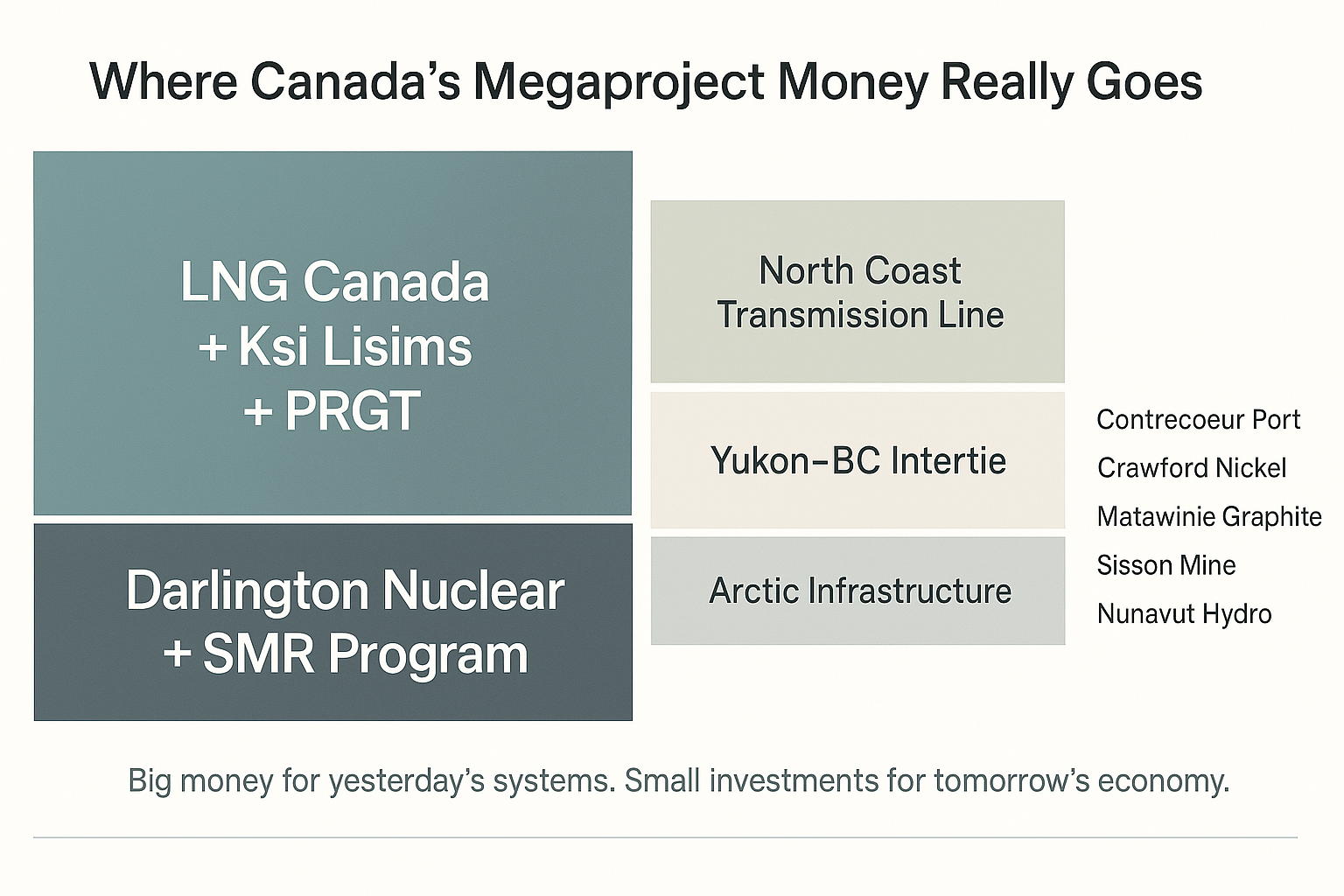
Sign up for daily news updates from CleanTechnica on email. Or follow us on Google News!
Elon Musk’s latest brainstorm is Colossus, a new supercomputer facility for xAI located in an old Electrolux factory in Memphis, Tennessee. The system, which uses 100,000 Nvidia H100 GPUs on a single RDMA fabric, was brought online in just 122 days from conception to completion. According to Converge!, Colossus represents a significant milestone in the field of AI, with xAI claiming it to be “the most powerful AI training system in the world.” The project’s ambitious scale is evident not only in its current configuration but also in its future plans. Elon Musk announced via social media that Colossus is set to double in size within months, expanding to 200,000 GPUs by incorporating an additional 50,000 Nvidia H200 GPUs.
The sheer computational power of Colossus comes with significant energy requirements. Initial estimates suggest that the system’s power consumption could range between 42 to 56 megawatts, based on the H100 GPU’s specifications and typical data center efficiencies. The project’s plans indicate a phased approach to power usage, starting with 50 megawatts available by August 2024 and ultimately aiming for 150 megawatts. This substantial power demand was a key factor in selecting Memphis as the project’s location. The city’s robust power infrastructure, supported by Memphis Light, Gas, and Water and the Tennessee Valley Authority, was crucial to meeting Colossus’s energy needs. xAI’s choice of Memphis for Project Colossus was strategic and was influenced by several factors:
- Power Infrastructure: The city’s ability to provide the necessary electrical capacity was paramount.
- Economic Incentives: Memphis offered attractive economic development packages, recognizing the project’s potential to transform the city into a tech hub.
- Available Facilities: The former Electrolux facility, acquired by Phoenix Investors, provided a ready-to-use industrial space, accelerating the project’s timeline.
- Expedited Process: The Greater Memphis Chamber’s ability to fast-track approvals and negotiations aligned with xAI’s aggressive timeline.
Founded by Elon Musk and officially announced on July 12, 2023, xAI has quickly established itself as a major player in the AI field. The company recently secured a $6 billion Series B funding round in May 2024, valuing it at $24 billion. This substantial backing from investors like Valor Equity Partners, Andreessen Horowitz, and Sequoia Capital underscores the high expectations for xAI’s innovations.
The city of Memphis is thrilled that someone is bringing new jobs (and tax revenue) to the area, although nobody seems to have made the obvious connection between one new technology (AI) replacing another once-new technology (vacuum cleaners) and asking what the next new thing will be that replaces this new thing. Not everyone is thrilled by xAI coming to town. One area of concern is that there is not currently enough electricity available at the site to power all those lovely computer chips, so Musk and company are using a fleet of 20 methane-powered generators to meet the need for power while MLGW and TVA figure out what needs to be done to get more power to the facility.
Colossus Raises Environmental Concerns
A coalition of environmental and community organizations has raised concerns about those gas-powered turbines, claiming xAI failed to obtain the necessary air permits for their operation. According to Environment Energy Leader, the Southern Environmental Law Center sent a formal letter on behalf of the coalition to Dr. Michelle Taylor, the Health Officer of Shelby County, requesting investigation and enforcement action against xAI. Memphis has experienced high levels of ground level ozone pollution in recent years, often exceeding the National Ambient Air Quality Standard for ozone. Commonly referred to as smog, ozone pollution can make respiratory diseases such as asthma and emphysema worse. The EPA warns that children are particularly vulnerable to the adverse effects of ozone pollution. The letter emphasizes that Memphis residents are already exposed to unhealthy air, and the gas turbines may contribute significantly to further air quality deterioration if they are found to be operating without the appropriate air permits.
Under the Clean Air Act, stationary sources of air pollution such as large gas turbines are generally required to obtain air permits before construction and operation. The letter points out that turbines with a heat input greater than 10 MMBtu/hr, such as the four SMT-130 generators in use by xAI, are subject to federal New Source Performance Standards and must comply with local air quality regulations. xAI has said its turbines are being operated under an exemption allowing temporary installations without air permits for up to 364 days. However, the coalition argues that this exemption does not apply to the SMT-130 turbines due to their classification as stationary sources under the Clean Air Act.
In addition to air quality concerns, xAI’s facility is drawing up to 1 million gallons of water per day from an existing water main to meet its operational needs. The company has future plans to construct a graywater recycling facility that could reduce the demand on Memphis’s aquifer by up to 10 million gallons per day. While this may alleviate some strain on the local water supply, community groups emphasize the importance of ensuring that these expansions are carefully regulated to prevent additional environmental stress on the region’s water and energy resources. This concerns about xAI put a spotlight on the growing tension between rapid technological advancement and environmental responsibility, particularly in cities like Memphis which are already facing environmental challenges.
Colossal Bait & Switch
Stephen Smith, who has led the Southern Alliance For Clean Energy for more than 30 years, has some concerns about Colossus and its impact on the community. Writing in CleanEnergy.org, he says the plans to locate Colossus in Memphis were not made public. City officials signed nondisclosure agreements in order to engage xAI in negotiations to bring the plant to Memphis. The original plans announced in June of this year called for a capacity of about 100,000 Graphics Processing Units, which were expected to consume a maximum of 150 megawatts of electricity At this size, the proposed unit would require its own substation from Memphis Gas, Light, and Water as well as Tennessee Valley Authority Board approval, since the project is over 100 MW. The TVA Board approved the 150 MW project on November 7 and MLGW agreed to take on xAI as a customer, instead of having TVA serve them directly, which is a more common option for a project this size.
On December 4, at the Greater Memphis Chamber Annual Chairman’s Luncheon, a representative for xAI revealed plans for an expansion of the Colossus supercomputer facility. According to a press release, the expansion is already underway and will incorporate a minimum of one million GPUs, marking the largest capital investment in the region’s history. Additionally, Fortune 500 tech giants Nvidia, Dell, and Supermicro Computer (SMC) will be establishing operations in Memphis.
What wasn’t mentioned at that meeting, Smith says, was the new level of power that will be required for this size of facility. This increase in capacity would raise the power demand by roughly 10 times, to over 1,000 megawatts. “Even more concerning is the fact that we are far from convinced that xAI didn’t know when they first came to Memphis that they would expand the plans 10x. This is a classic bait and switch: xAI proposed one thing, and grew support from stakeholders like the Greater Memphis Chamber, the Memphis Shelby County Economic Development Growth Engine (EDGE), TVA, and governing authorities. Musk and crew moved forward on the path to operating the facility, and only then announced a change in magnitude that creates a fundamentally different situation for public health in Memphis, economic stability for ratepayers, and environmental security,” Smith claims.
The current peak demand for the entire city of Memphis is around 3 GW. Supplying Colossus will require the equivalent of a new nuclear or combined cycle methane-fired generating station just to meet the needs of one customer. “TVA will now have to contemplate building a power plant just to serve this one facility. The unanswered question is who pays for the new generation?” Smith asks. “Our original hope with the original 150 MW level facility was that Musk would use his engineering expertise to bring Tesla Megapacks with solar and storage capability to make this facility a model of clean, renewable energy. It would be good to hear if there is an expansion to the facility that there’s a scalable commitment to renewable energy and storage.” Good luck getting any public information from a Musk-controlled enterprise.
We all know who is going to pay for all this lovely new generating capacity, don’t we? The people of Memphis. It will be another example of privatizing the profits and socializing the costs that is the hallmark of weaponized capitalist theory that dismisses the concerns of ordinary people as irrelevant. Musk can pay over $250 million to get his preferred candidate elected, but not for the energy infrastructure needed to power his latest ego-boosting endeavor. Under the new regime he wishes to bring to the country, all those pesky permits and environmental rules will be shoved aside so Musk can become even wealthier. City councils signing NDAs and conducting public business in secret will be the new norm. In fact, it already is, as Colossus proves beyond a shadow of a doubt.

Chip in a few dollars a month to help support independent cleantech coverage that helps to accelerate the cleantech revolution!
Have a tip for CleanTechnica? Want to advertise? Want to suggest a guest for our CleanTech Talk podcast? Contact us here.
Sign up for our daily newsletter for 15 new cleantech stories a day. Or sign up for our weekly one if daily is too frequent.
CleanTechnica uses affiliate links. See our policy here.
CleanTechnica’s Comment Policy




